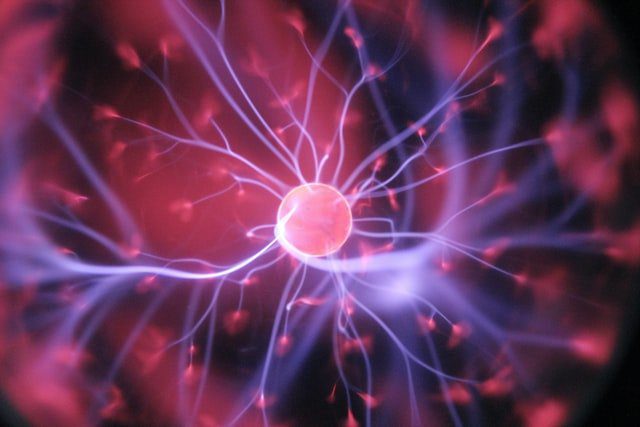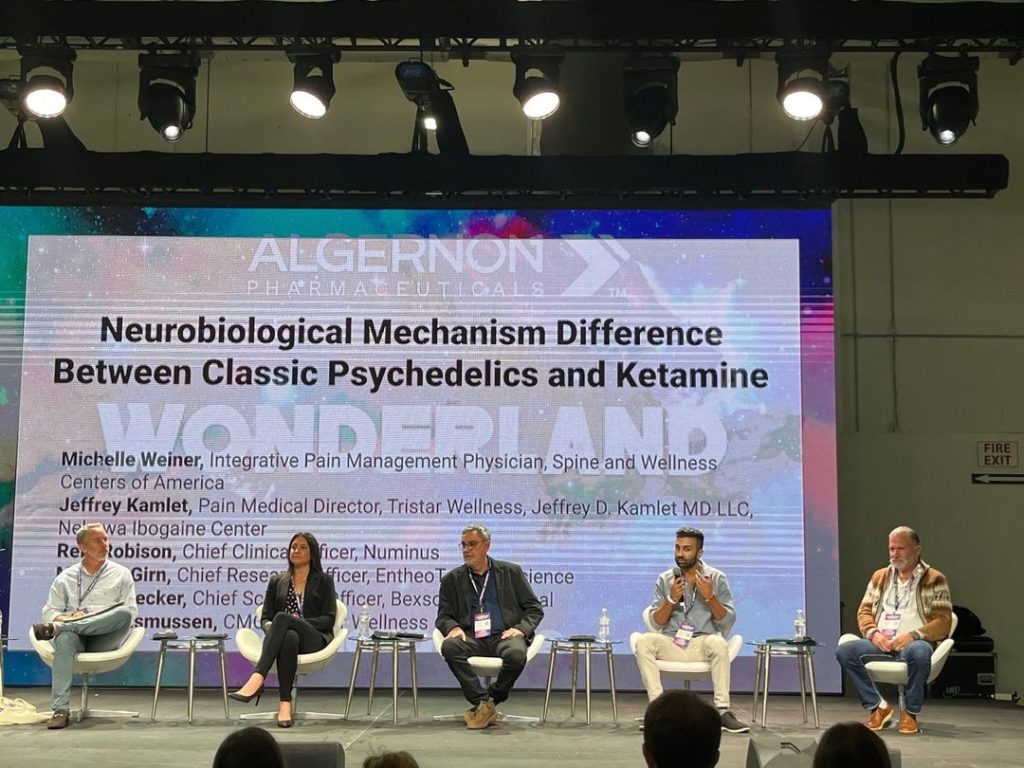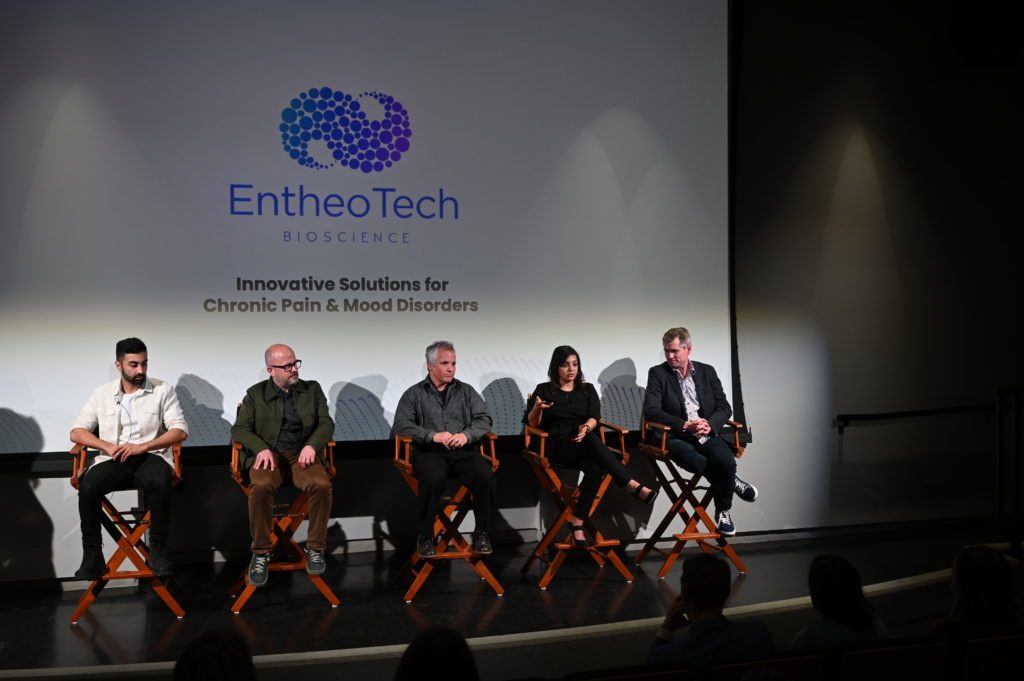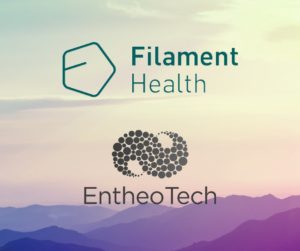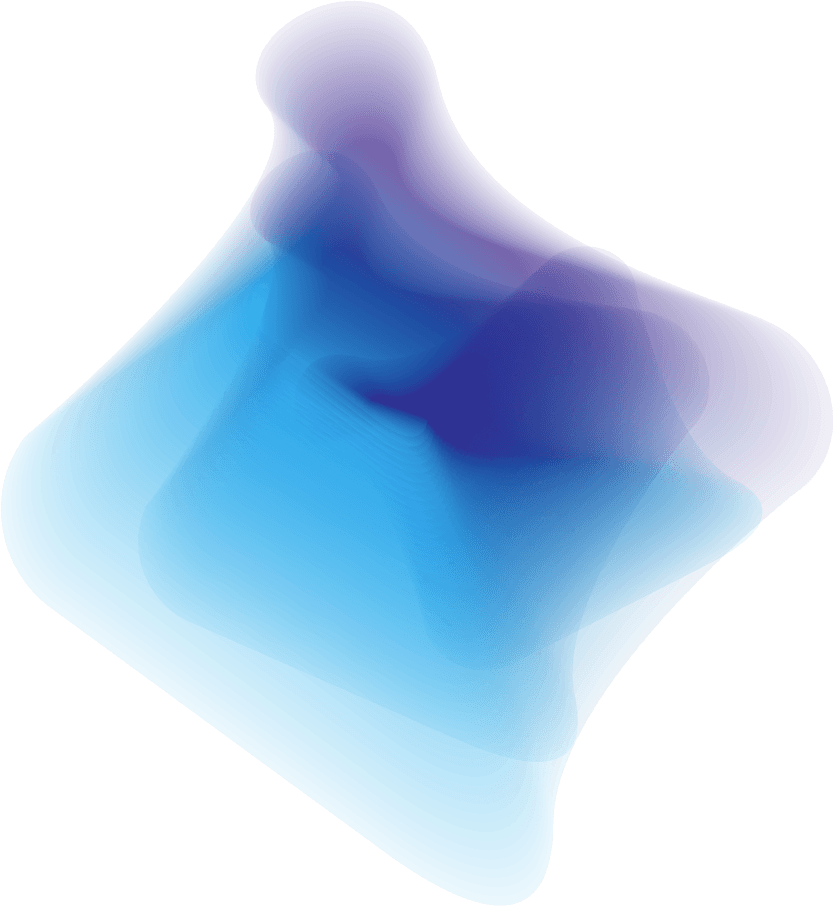The human brain is comprised of an estimated 100 billion neurons (brain cells), each of which are connected to as many as 10,000 other neurons. This extraordinarily complex network of cells is present within each of our skulls and is what underlies every thought and perception we’ve ever had. It governs how we perceive, understand, and respond to the events in our life.
Something about the brain that’s increasingly acknowledged is that, when it’s healthy, it’s constantly changing in response to our experiences. Brain scientists no longer think of the brain as a static organ that doesn’t change once you’re an adult. Rather, they view it as a dynamic organ that is constantly creating, removing, and altering its connections as we learn and have new experiences. The ability for the brain to change its connections in these ways is referred to as ‘neuroplasticity’¹.
Neuroplasticity is critical for the healthy brain’s ability to learn, adapt to new experiences, and recover from injury². It allows our brain — and by extension, us — to respond to the challenges and shifting circumstances of our lives in a flexible way. Without neuroplasticity, we would constantly find ourselves getting stuck in rigid ways of thinking and behaving that just don’t match what is currently going on in our life. Neuroplasticity, as you might guess, is central to a number of disorders including depression and chronic pain, our primary focus at EntheoTech.
A large body of research has linked depression to impaired neuroplasticity³. Interestingly, it seems to go in both ways: having depression may lead to reduced neuroplasticity, and having reduced neuroplasticity can lead to depression. The common link here is chronic stress. When suffering from chronic stress, your cortisol levels are constantly elevated. Cortisol is a hormone that’s released to help mobilize your body’s resources to deal with a stressful or dangerous situation. When released for a short period of time, higher cortisol can raise your energy levels, make you alert and attentive, and enhance your cognition. When chronically increased, however, cortisol can overtax your nervous system and lead to problems throughout the body.
One of the main effects in the brain is that cortisol enhances the release of the excitatory neurotransmitter glutamate in the prefrontal cortex⁴. In the short term, this has beneficial effects on our ability to think clearly and effectively, but in the longer term it leads to neurotoxic effects⁵. Neurons that are stimulated too much for too long start to shrivel up, become less complex, and have an impaired ability to make or change connections with other neurons (i.e. impaired neuroplasticity). This then leads to impairments in our ability to think clearly and flexibly, as well as in our ability to regulate our emotions.
Ultimately, this can lead to symptoms of depression such as a tendency to get stuck in rigid and negative thought patterns. It is also possible that one first becomes depressed for a different reason, then starts to experience chronic stress, and then suffers from these brain impairments, making it more difficult to escape the depression³.
Neuroplasticity is also relevant for the treatment of chronic pain. As covered in a previous blog post, the most common form of chronic pain is ‘neuropathic pain’. This type of pain occurs when, after an injury, nerves in the brain and/or spinal cord become damaged and start to fire spontaneously, as well as become hypersensitive to pain inputs⁶. This persisting nerve damage causes pain to be prolonged indefinitely. Increasing neuroplasticity in the nervous system can give the brain more resources to rewire these dysfunctional connections⁷ ⁸.
At EntheoMed’s Ketamine Assisted Therapy Suite in Kelowna, BC, we offer intramuscular ketamine infusions as a treatment for chronic pain and depression. Although ketamine works through multiple mechanisms, the primary way it helps relieve symptoms of these two conditions is by potently increasing neuroplasticity — something supported by an increasing number of studies⁹. Our ketamine infusions are given in the context of our ketamine-assisted psychotherapy Odyssey model, which is designed to help you further make the most of the boosts in neuroplasticity provided by ketamine and create lasting positive change.
Click here to learn more about EntheoMed’s Ketamine Assisted Therapy Suite, including more details about our approach, the experience, and a form to book your first appointment.
Written by Manesh Girn for EntheoTech
REFERENCES
(1) The Dynamic Brain: Neuroplasticity and Mental Health
(2) Dynamic Brains and the Changing Rules of Neuroplasticity: Implications for Learning and Recovery
(3) Stress, Depression, and Neuroplasticity: A Convergence of Mechanisms
(4) Acute stress enhances glutamatergic transmission in prefrontal cortex and facilitates working memory
(6) Neuropathic Pain: A Maladaptive Response of the Nervous System to Damage
(7) Neuroplasticity Mechanisms in the Pathophysiology of Chronic Pain
(8) Ketamine for chronic pain: risks and benefits
(9) KETAMINE’S MECHANISM OF ACTION: A PATH TO RAPID-ACTING ANTIDEPRESSANTS

